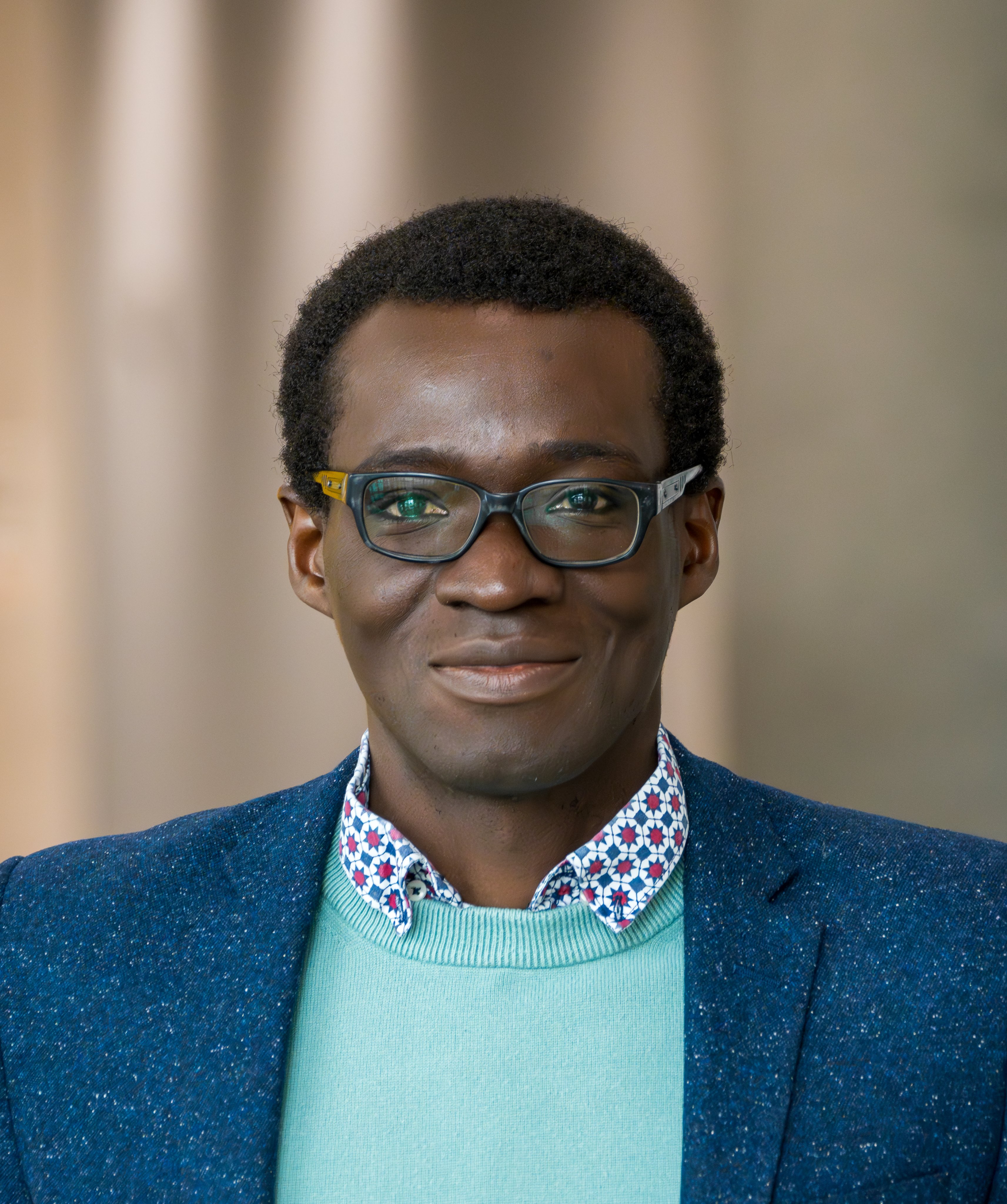
- This event has passed.
Chemical Engineering Fall Seminar Series: Omokolade Adebowale
December 4, 2024 @ 12:00 pm - 1:00 pm
Multiscale Mechanoimmunology: From Molecular Mechanisms to Precision Therapies
Location: 305 Shillman Hall
Abstract: Multiscale Mechanoimmunology: From Molecular Mechanisms to Precision Therapies Therapeutic immune cells have the potential to treat complex diseases. Some therapies, such as CAR T cells, are effective against blood cancers but are not effective against solid cancers, which comprise about 90% of adult cancers. A key requirement of the role of therapeutic cells in tumor eradication is their ability to migrate to and infiltrate the tumor. To accomplish this, cells navigate various mechanoimmunological factors, such as tissue viscoelasticity. One consequence of viscoelasticity is time-dependent stress relaxation – a decrease in stress in response to applied deformation. However, the mechanisms by which viscoelasticity regulates migration are not fully understood. In addition, limited studies have quantitatively compared the transport of cell therapies in tissue-like environments. My research aims to address these research gaps. To address the potential role of viscoelasticity on 3D cell migration, I developed hydrogels that mimic the stress relaxation behavior of native tissues. I found that enhanced stress relaxation potentiates monocyte migration. Mechanistically, our data support a model whereby WASP-mediated actin polymerization generates physical force at the leading edge of the cell to generate micron-sized channels for cells to migrate through. In a separate project, I integrated macrophage phenotype and morphometric transitions. Together, our studies establish a platform to determine the role of mechanical cues in shaping the immune response and to leverage fundamental mechanisms to enable the rational design of “living drugs.”
